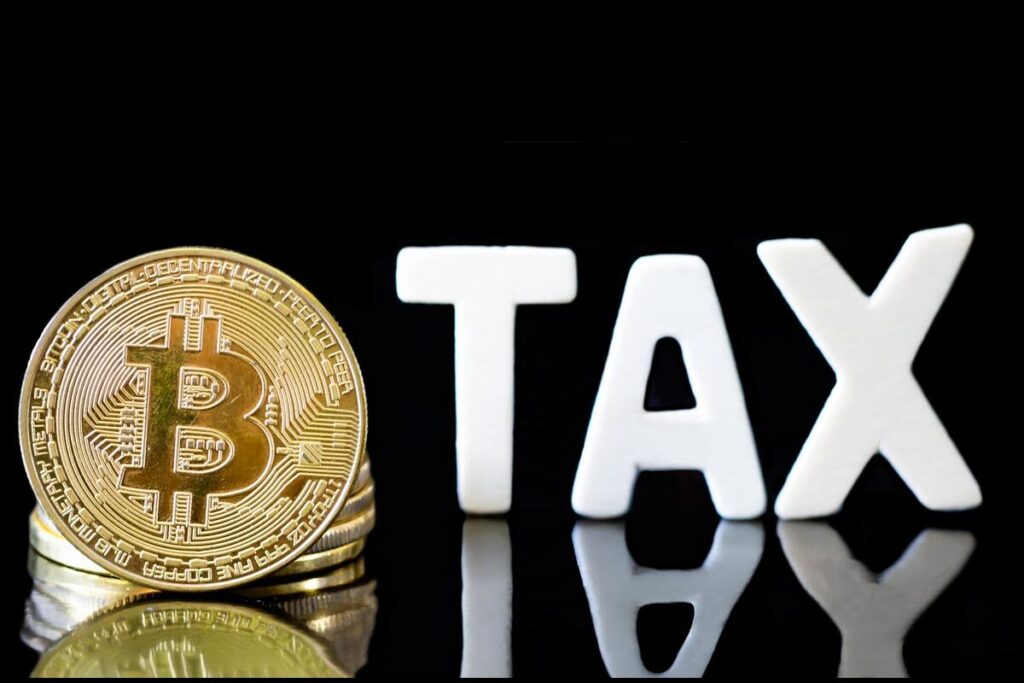Introduction
Staking has quickly become a cornerstone of the cryptocurrency ecosystem, offering investors a way to earn rewards while supporting blockchain networks.
As this practice grows in popularity, the tax landscape in Canada is also evolving. This article explores the future of staking and taxation in Canada, offering insights into potential changes and what investors should expect.
The Rise of Staking in Canada
Staking has gained significant traction in Canada, with more investors participating in staking pools and decentralized finance (DeFi) platforms. As the number of participants grows, so does the interest of the Canada Revenue Agency (CRA) in ensuring proper tax compliance.
The current tax treatment of staking rewards as either business income or investment income may see further refinement as the CRA develops more specific guidelines.
Potential Changes in Staking Taxation
As staking continues to mature, the CRA may introduce more detailed regulations to address the unique aspects of staking.
This could include clearer distinctions between business and investment activities, the introduction of new reporting requirements, and the potential for changes in how staking rewards and losses are taxed. Investors should stay vigilant for updates from the CRA and be prepared to adjust their tax strategies accordingly.
Impact of International Tax Trends
Global tax trends may also influence the future of staking taxation in Canada. As other countries develop their own frameworks for taxing staking activities, Canada may look to these examples to shape its own policies.
This could lead to increased alignment with international standards, or alternatively, the development of unique Canadian regulations that address the specific needs of the local market.
Preparing for Future Tax Obligations
Given the dynamic nature of cryptocurrency and taxation, Canadian investors should proactively prepare for potential changes in the tax treatment of staking.
This includes maintaining detailed records of all staking activities, staying informed of the latest CRA guidelines, and consulting with tax professionals to ensure compliance with evolving regulations.
Conclusion
The future of staking and taxation in Canada is likely to see significant developments as both the industry and regulatory environment continue to evolve. By staying informed and prepared, Canadian investors can navigate these changes effectively and ensure they remain compliant with their tax obligations.
As staking becomes an increasingly important part of the crypto landscape, understanding its tax implications will be crucial for long-term success.
If you have any questions or require further assistance, our team of accountants at Tax Partners can help you.
Please contact us by email at info@taxpartners.ca or by phone at (905) 836-8755 for a FREE initial consultation appointment.
You may also visit our website (www.taxpartners.ca) to learn more about other services we offer in Canada, US and abroad.


